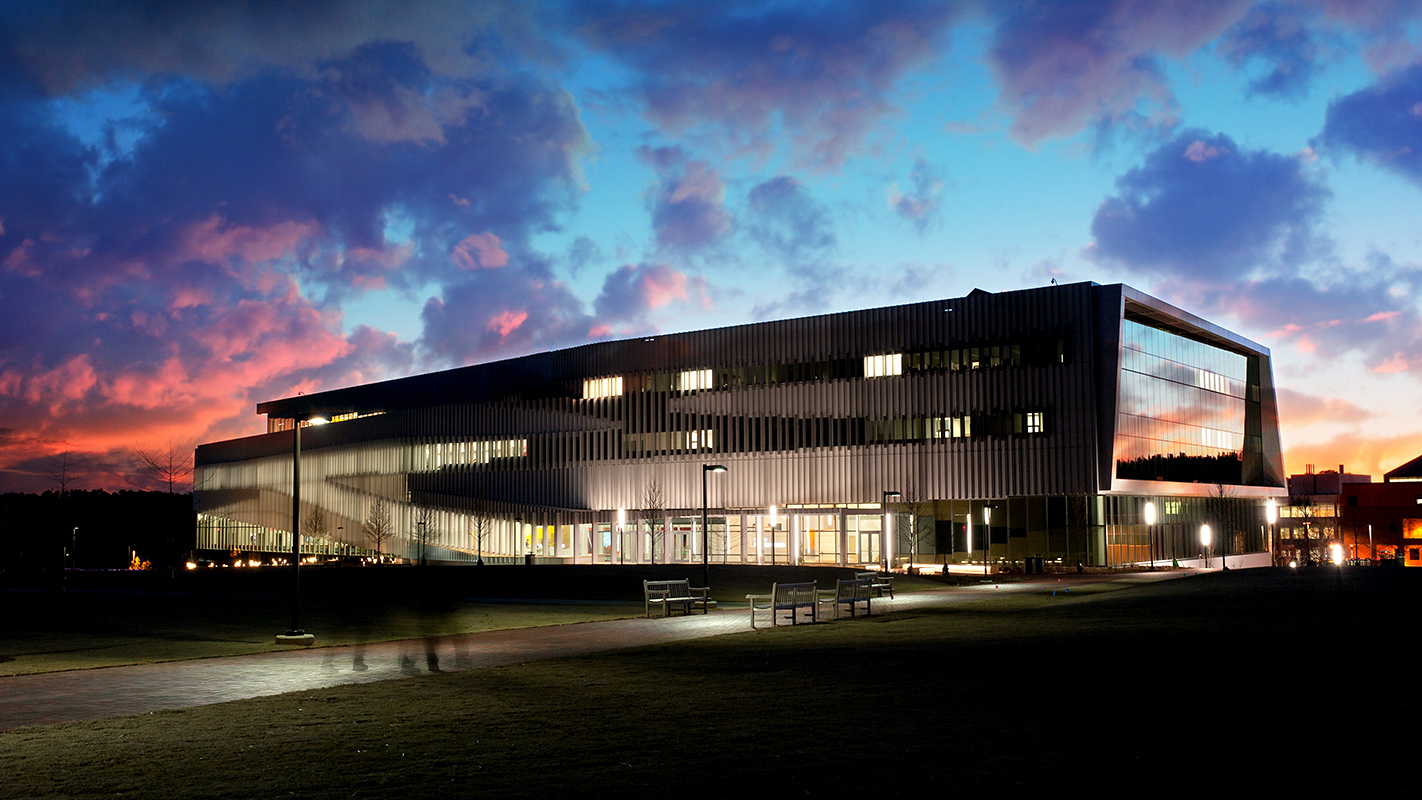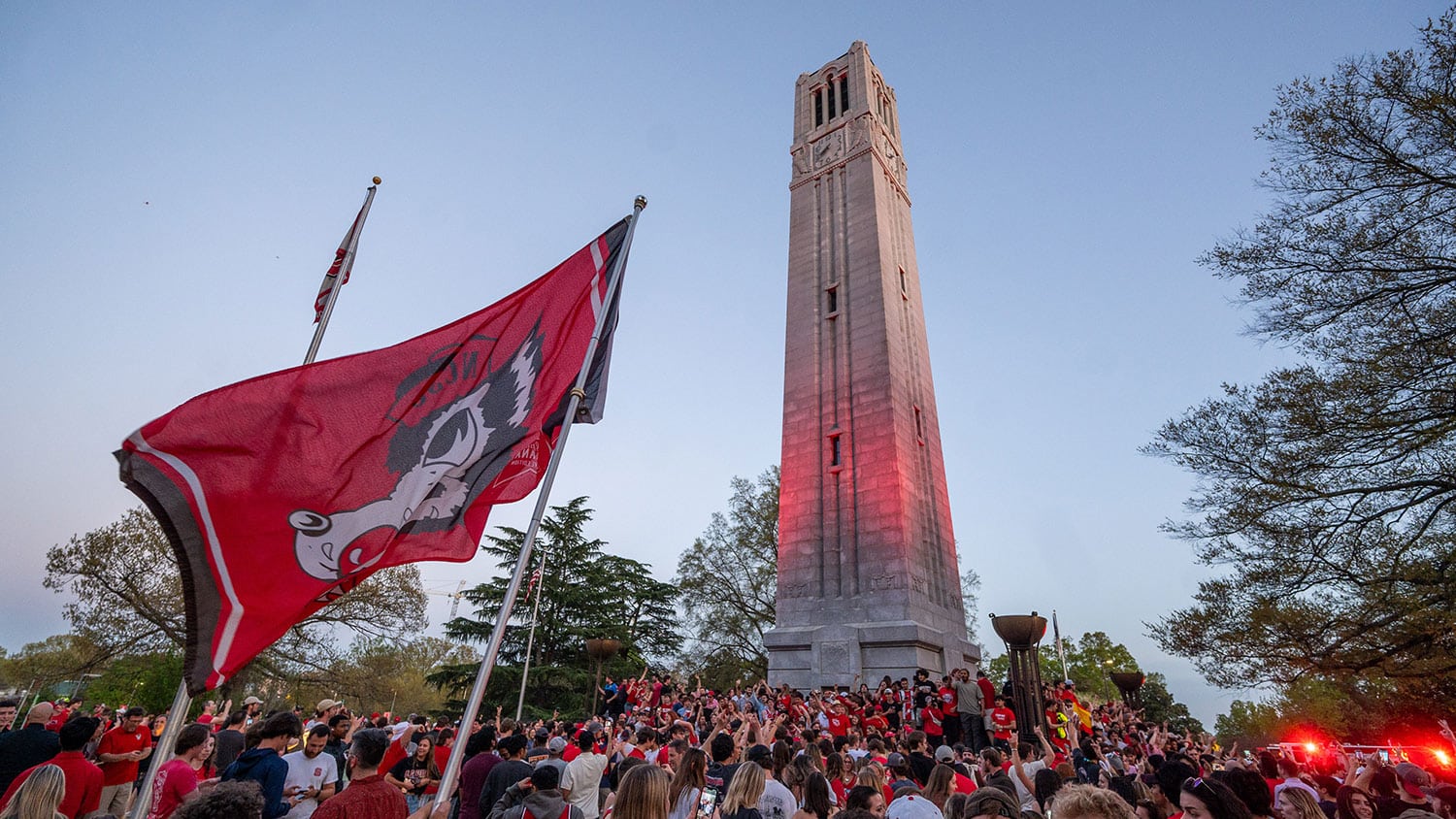A leading architecture website named NC State’s Hunt Library as one of the top 100 American architecture projects, cementing the ultramodern library’s reputation as a design masterpiece.
The list of iconic structures, published by ArchDaily, includes the Dali Museum in St. Petersburg, Florida, the Kauffman Center for the Performing Arts in Kansas City, the Veer Towers in Las Vegas and the Winspear Opera House in Dallas.
ArchDaily, a website with more than 500,000 daily readers and about 160 million page views per month, posted case studies for each of the 100 projects online. The site said the innovative projects are among the most visited buildings in the nation, appealing to “millions of architects, students and journalists that seek the most important, inspiring works of American architecture.”
The Hunt Library breaks the mold of the academic library, the case study on the website explained. “A wide variety of study and learning environments, and technology-focused experimental labs break the now ubiquitous model of the learning commons,” it said. “The design recognizes the power of chance encounters and celebrates the role of physical space in the intellectual stimulation of its users.”
The $115 million Hunt Library, which opened in January 2013, is renowned for its blend of advanced technology — including the bookBot robotic book retrieval system — and stunning design.
The international design firm Snøhetta, best known for its work on the Bibliotheca Alexandrina, served as lead designer. Raleigh-based Pearce Brinkley Cease & Lee (now Clark Nexsen) was hired as executive architect.
The library is named for former Gov. James B. Hunt Jr., a longtime proponent of public education who founded the Institute for Emerging Issues, a nonpartisan public policy organization now headquartered in the library. He served on the Carnegie Task Force, which created the National Board for Professional Teaching Standards, and on the Spellings Commission on the Future of Higher Education.



